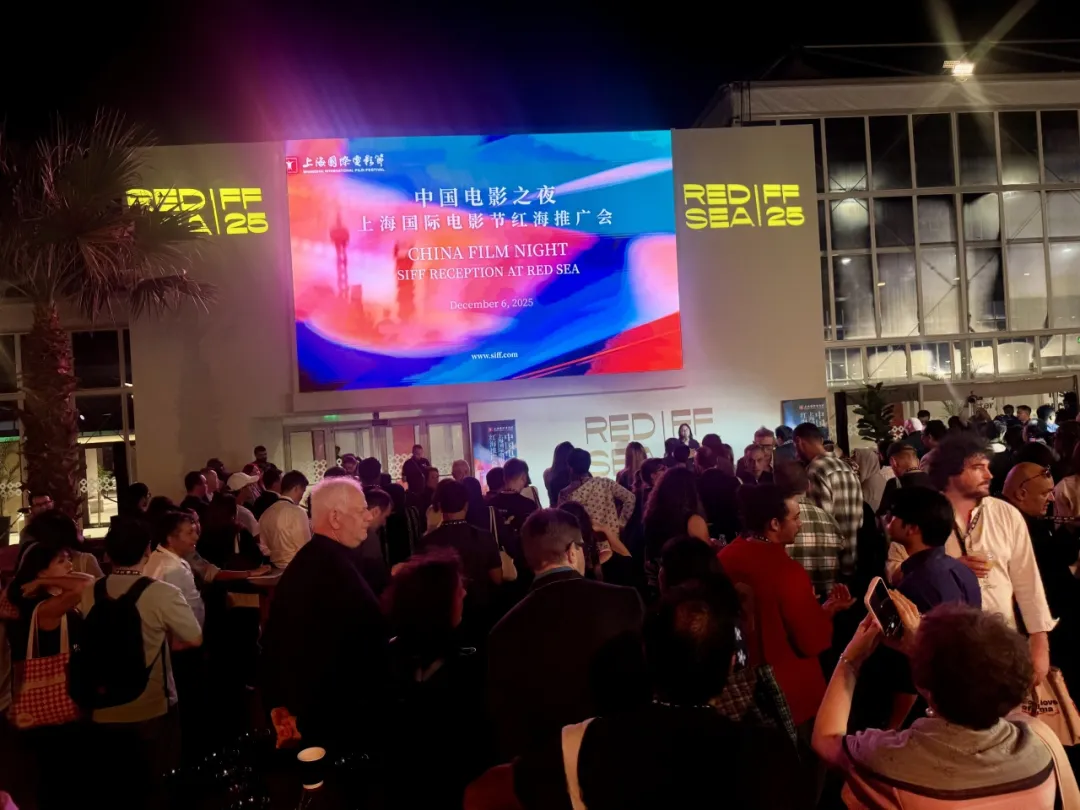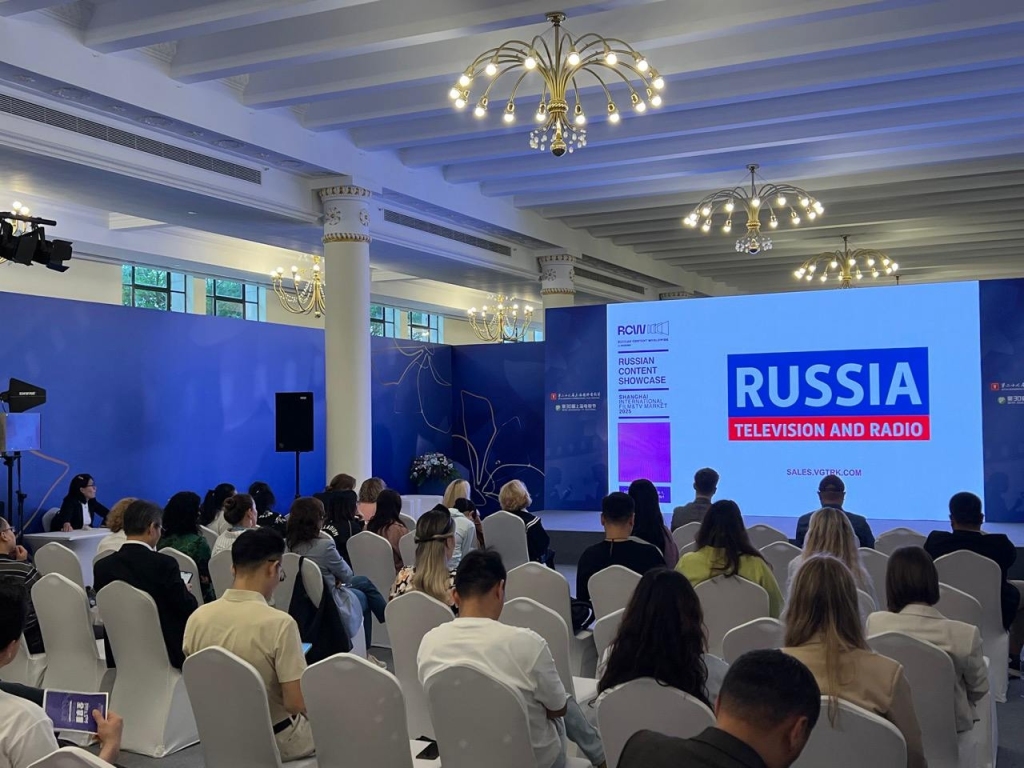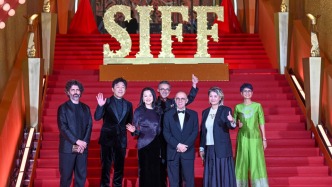
Last night, the long-awaited schedule for this year's Shanghai International Film Festival was finally released. Tomorrow is the big day for ticket sales, leaving everyone with only a day and a half to choose. There is no time to even consider the size of your wallet or the amount of free time you have, the arrow is on the string and has to be shot.
Well, since time is of the essence, let’s not waste any more time. As a veteran athlete who has competed in the Shanghai Film Festival for 20 years, I will share with you the secret of successfully grabbing tickets before the starting gun sounds: it does not require a gigabit broadband, superb hand speed, or the heroic spirit of fighting to the death when grabbing food in the past. The real secret is only one - don’t get in a crowd.
This year, the number of films screened at the Shanghai Film Festival is about 410. According to convention, no more than 20 films will be sold out immediately after the ticket is released, which is less than 1/20 of the total number of films. You only need to strategically give up those internal scroll tags that everyone rushes to buy, saving time for invalid clicks, and the remaining large number of films can be selected at your leisure.

The 4K restored version of "Red Desert" is one of the few films on the Shanghai Film Festival schedule this year that was only scheduled for one screening.
Taking the screening schedule announced yesterday as an example, the 4K version of "Red Desert" with only one screening will undoubtedly be snapped up because there are more wolves than meat; the all-night marathon screenings of four "Neon Genesis Evangelion" movies, as well as the all-night marathon screenings of three David Lynch works, "Eraserhead", "Lost Highway" and "Mulholland Drive", can not only fulfill the fans' unique experience of this one night, but also be packaged as an eye-catching tool in the circle of friends, so they are naturally very popular; the remaining David Lynch, Buster Keaton and other filmmakers units, there are also many audiences who want to catch them all.
So, if you don't want to miss the rare feast of the screen, but don't want to be forced to choose the mountaintop seats or the special seats for cervical spondylosis treatment, what should you do? The answer is to find less popular movies that relatively few people are rushing to buy tickets for. There are many such works in the Shanghai Film Festival every year, otherwise it would not be called a carnival for movie fans. As long as you do your homework, you can have the best of both worlds.
Here are the three videos I plan to watch at 12:01 p.m. on June 5th.

The city of movies finally got its first look at Jeanne Dielman.
The first one is "Jeanne Dielman" by Belgian director Chantal Akerman.
At the 2023 Akerman retrospective and the Belgian Film Festival during the Dragon Boat Festival, this Akerman film, which I consider to be the best, passed by our film city twice in a row, making me jealous of the Suzhou fans who own the Jiangnan Branch of the China Film Archive next door. As we all know, the daily film festivals in Shanghai and the Shanghai Film Festival's investigation of film content are really different. After this encounter, I don't know when I will be able to see "Jeanne Dielman" again without leaving Shanghai.

"Women TAXI Women" is the "Game of Ice and Fire" of Pan Hong and Ding Jiali.
The second one is "Women TAXI Women" directed by Wang Junzheng.
This year, the Shanghai Film Festival included her, who passed away last year, in the "Tribute to the Masters | Special Commemoration" section, and also selected Pan Hong and Ding Jiali's "A Song of Ice and Fire". I can only give her a thumbs up and say "knowledgeable". Some people say that it is the "Chinese version of Thelma & Louise", which is simply not clear about which came first, as "Taxi Woman" was released earlier than "Thelma & Louise". It cares about the spirit of the times and explores styles ahead of the times. The blank space in the visual language and narrative contains oriental aesthetics, and it is definitely not a copycat work.

Kohei Oguri's "The Thorn of Death" is adapted from a novel by Toshio Shimao that took him 17 years to complete.
The Japanese film list of the Shanghai Film Festival brings me surprises every year. Last year, it was Shinji Sayama's 4K restored version of "Moving", and this year it was Kohei Oguri's 4K restored version of "The Thorn of Death" . The official recommendation of the film festival brought in Chizuko Ueno to endorse the original work of this film, but unfortunately did not mention the author Toshio Shimao's name.
Oguri Kohei, who celebrates his 80th birthday this year, has only made six films in his life. In his essay collection "Time and Space" (Asahi Shimbun), he said that he grew up with the novel "The Thorn of Death", which took him 17 years to complete. He also gave a very personal interpretation: Although this work is often regarded as a private novel, Oguri believes that it is similar to private novels in form but different in spirit. Shimao's creation has always compressed the existence of "self" (I). Therefore, when adapting it into a movie, in order to achieve spiritual resonance with the original work, he deliberately found the big star Matsuzaka Keiko as the protagonist, and left traces of artificial carving everywhere, so as to alienate the daily life and reality of family life and deconstruct the deep anger of the "mad woman".
Well, I have taught you everything I know about fishing and fishing, so I can only wish you good luck. Finally, I have to emphasize again that the most important thing in choosing a movie is to start from yourself. You don’t have to care too much about the director’s title, the awards of the work, or the “must-see” of major public accounts. After all, watching a movie is not like collecting stamps. Forcing yourself to swallow food that doesn’t suit your taste is tantamount to paying for sin. So, if you have no interest in the above three movies and are willing to help you, please accept my heartfelt thanks.
【Video Introduction】
Jeanne Dielman (1975)
Director: Chantal Akerman
"Sight and Sound" is the first feminist masterpiece in film history.
The full name of the film "Jeanne Dielman" is "Jeanne Dielman, 1080 Brussels, 23 Commercial Street". The film uses fixed camera positions and long shots to carefully depict the daily life of a widow, Jeanne Dielman, for three days, including housework and receiving clients, showing the role of women in the family and society.
The film is over 3 hours long, but all the trivial and boring details of daily life seem meaningless. On the contrary, they are the careful foreshadowing of the final reversal and explosion.
TAXI WOMAN (1991)
Director: Wang Junzheng
A seemingly accidental encounter brings together the fate of two strangers. Zhang Gaixiu, a taxi driver played by Ding Jiali, was fined for a distracted behavior by the botanist Qin Yao played by Pan Hong. She was very upset, but after they met again, she chose to get close to her and listen to her. One is a straightforward and bold "commoner", and the other is an intellectual woman who has fallen into a trough due to a double blow in her emotions and career. The two went from opposition to understanding, and gradually established a subtle and profound emotional connection during their journey between cities.
Director Wang Junzheng tells a story of gentle support between women with a delicate perspective and deep humanistic care, and also presents the life of modern women in China's urban transformation period in the 1990s. Wang Junzheng passed away on August 28 last year, and the Shanghai International Film Festival paid tribute to the director with this film.
Deathly Hallows 4K (1990)
Director: Kohei Oguri
The films directed by Japanese film master Kōhei Oguri are few but excellent and won the Jury Prize at the 43rd Cannes Film Festival.
The story tells of a wife who attempted suicide after learning that her husband had cheated on her. The husband is determined to return to the family, but his wife continues to doubt, and the two gradually collapse... The director fully demonstrates the charm of film language: the exquisite editing of the couple's dialogue at the beginning reveals their constantly split and reorganized relationship; the door frame composition further compresses the small space, making the atmosphere even more depressing; the fixed long shot amplifies the passage of time, making the interaction between the couple even more tormenting.
The original novel of the film is regarded by Chizuko Ueno as a new height that modern Japanese literature can reach because the author wrote about his wife's original state as an "alien other" without any attempt to escape. The latest 4K restored version of the film will be screened this time.
Note: The film introduction comes from the Shanghai International Film Festival


